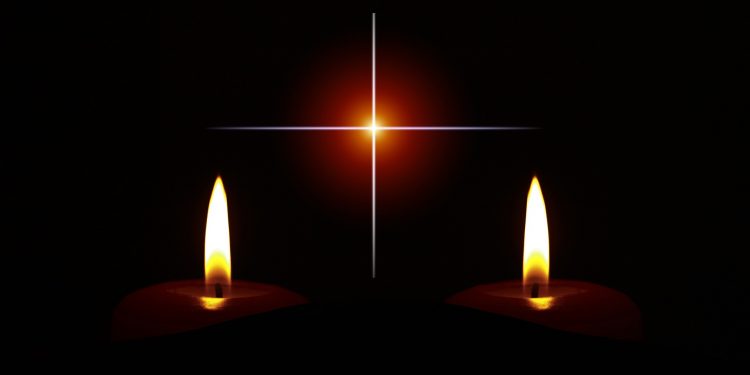Joyous Celebrations Turned Dire: Being a Christian in Segregated India

Increasing Persecution
French philosopher Voltaire once said, “If you have two religions in your land, they will cut each other’s throats; but if you have thirty religions, they will dwell in peace.” The Holidays are a time for celebration, a time for festivities, and, most importantly, a time for families and friends to unite, despite anyone’s religious beliefs. Especially in India, perhaps the most culturally and religiously diverse country in the world, religious tolerance is vital in order for society to progress. However, this holiday season has been filled with tension and hatred for many Christians in India. Earlier this week, members of the Right-Wing Vishwa Hindu Parishad group disrupted a Christmas gathering in Pratapgarh, Rajasthan. The men destroyed gospel books, Christian calendars and accused the Christians of forcibly converting Hindus and using Christmas as a facade to do so. However, no arrests were made. A similar incident also took place in Satna, Madhya Pradesh last week when members of another right-wing Hindu group, Bajrang Dal, attacked Catholic Christmas-carolers and set a priest’s car ablaze. Yet again, the local police officers turned a blind eye towards the event and did not arrest any of the perpetrators. Instead, they filed charges against the Christians for “outraging against religious feelings” under Madhya Pradesh’s draconian anti-conversion law. These clear wrongdoings by the authorities are examples of how intolerance not only stems from society’s own ignorance, but also from government officials and public figures who are supposed to set examples for the rest of the country to follow.
Modi Fueling the Fire
Ever since Prime Minister Narendra Modi rose to power in 2014, there has been a tremendous increase in violence done by Hindu right-wing groups. Activists have reported over seven-hundred cases of attacks on Christians since 2014, and in 2015 alone, six churches across India were vandalized by Hindu extremist groups in attempts to convert Christians and Muslims to Hinduism. It is not a coincidence that violence against non-Hindus has skyrocketed since the election in 2014. In fact, the Bharatiya Janata Party (BJP) adopted Hindutva, a Hindu-supremacy belief, as their main ideology in 1923, and even today, the Hindu-nationalist values are still prevalent in the policies and culture that BJP enforces. Recently, Jharkhand (a BJP state) passed an anti-conversion law that is meant to encourage “religious freedom,” however, it enforces minorities to respect and appreciate Hinduism specifically. Unsurprisingly, BJP has clearly favored Hinduism and is celebrating aspects of its culture only; as a result, many minorities have been persecuted. BJP’s presence as the ruling party in New Delhi seems to have created a domino-effect of its beliefs across India. Their Hindu-supremacist values have also created a hostile environment in India by forming a divide between Hindus and minorities, a divide that prohibits this diverse country to grow.
Steps In the Right Direction: Societal Change
According to Voltaire, a country as diverse as India should theoretically be able to dwell in peace with respect, tolerance, and appreciation embedded within society’s actions. Society should recognize that religion does not entirely define a person and should look back the cultural differences, especially in such a religiously diverse country like India. But this issue does not just stem from inherent ignorances within Indians; these prejudice attitudes also stem from the political figures that set examples for the rest of the country to follow, like Narendra Modi. Instead of only enforcing pro-Hindu beliefs through legislation, the government should recognize that the various religious minorities that constitute India’s identity are being oppressed and the government should enforce policies to protect them instead of turning a blind eye towards their persecution. By doing so, the government would set an example for the rest of India to follow, an example that would result in a safer, more optimistic country.




